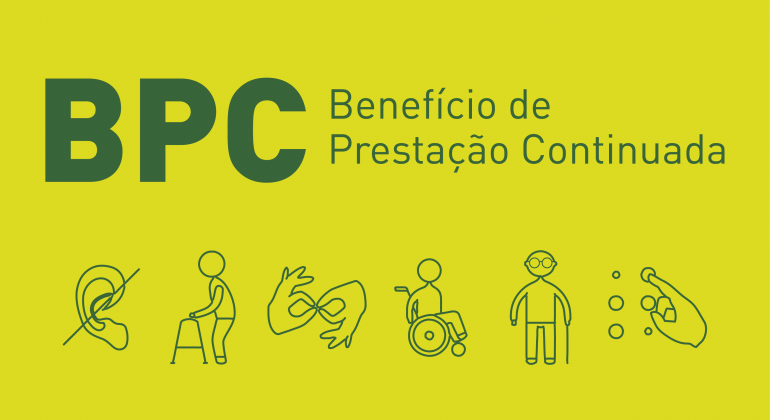Step by step to apply for LOAS
See how to request your benefit.
The Continuous Payment Benefit (BPC), popularly known as LOAS (Organic Social Assistance Law), is one of the main pillars of social protection in Brazil. Established by the Federal Constitution of 1988 and regulated by Law No. 8,742/1993, the BPC/LOAS aims to guarantee a minimum income for people in vulnerable situations, especially people with disabilities and the elderly.
Given the challenges faced by those who need the benefit, whether for health reasons, advanced age or physical and cognitive limitations, it is essential to understand the BPC/LOAS request process and know how to proceed to guarantee access to this important social right.
How to request LOAS
This guide was created with the aim of providing a clear and detailed roadmap for those who wish to apply for BPC/LOAS. From checking the eligibility criteria to monitoring the process with the National Social Security Institute (INSS), each step is covered in an accessible and informative way, aiming to help applicants overcome bureaucratic barriers and guarantee access to the benefit.
In this context, it is essential to recognize not only the importance of the BPC/LOAS as an instrument of social inclusion and reduction of inequalities, but also the need to guide and empower those who need the benefit to navigate the social assistance system and guarantee their fundamental rights.
If you or someone you know is looking for information on how to apply for the Continuous Payment Benefit (BPC/LOAS), this guide is for you. Follow the steps below and learn how to proceed to ensure a minimum income and access to essential services for those who need it most.
Check if you meet the eligibility criteria
Before starting the application process, it is important to check whether you or the family member who wishes to request the benefit meet the eligibility criteria established by Brazilian legislation. The main requirements are:
- Have a physical, intellectual, sensory or mental disability that prevents full and effective participation in society;
- Be 65 years of age or older;
- Have a per capita family income of less than 1/4 of the current minimum wage.
Gather the necessary documentation
To apply for the BPC/LOAS, it will be necessary to present a series of documents that prove the condition of vulnerability and incapacity for work. Documents generally required include:
- Identity document (RG) or Birth Certificate;
- Individual Taxpayer Registration (CPF);
- Proof of address;
- Medical report certifying the condition of disability or disability;
- Proof of family income;
- Other documents that may be requested by INSS during the process.
Schedule service at INSS
The next step is to schedule in-person service at a National Social Security Institute (INSS) branch. Scheduling can be done via the INSS website (https://www.inss.gov.br/) or by calling 135.
During scheduling, choose the service “Assistance Benefit for Persons with Disabilities” or “Assistance Benefit for the Elderly” according to the applicant’s situation.
Attend the INSS service
On the scheduled day and time, go to the INSS agency with all the necessary documents in hand. It is important to arrive early and be prepared to answer any questions about the applicant's situation.
After completing the service at the INSS and submitting all the documentation, the process of analyzing the application by the agency will begin. This process can take a few months, as it involves evaluating the documentation presented and carrying out medical examinations, when necessary.

Request LOAS at any time
In a country that is proud of its advances in the social area, it is essential that access to the Continuous Payment Benefit (BPC/LOAS) is guaranteed in an efficient and dignified manner to all those who need it. May this guide help to achieve this objective and so that more and more people have access to a dignified and quality life.
Finally, it is important to highlight that this guide is just a starting point. Each case is unique and may present particularities that require a personalized approach. Therefore, we encourage applicants to seek specialized guidance whenever necessary, whether from social assistance professionals, lawyers or civil society organizations that work to defend the rights of people with disabilities and the elderly.
